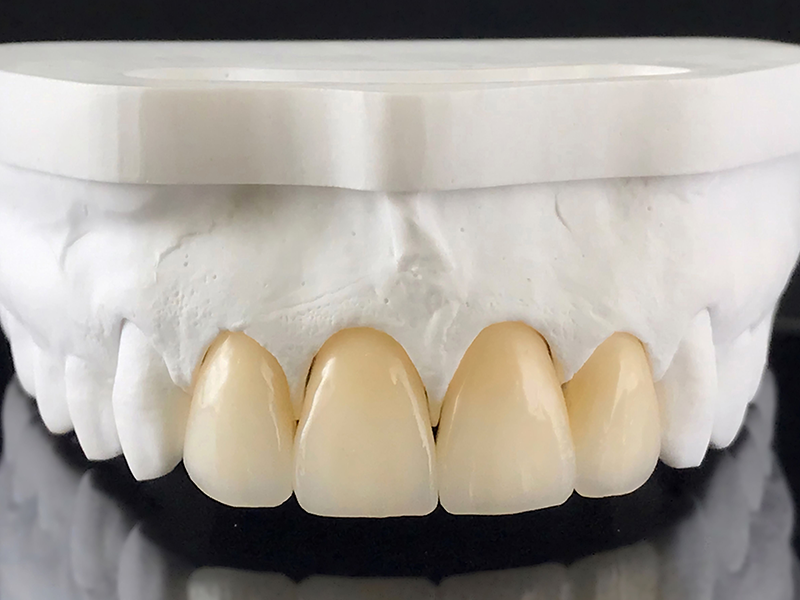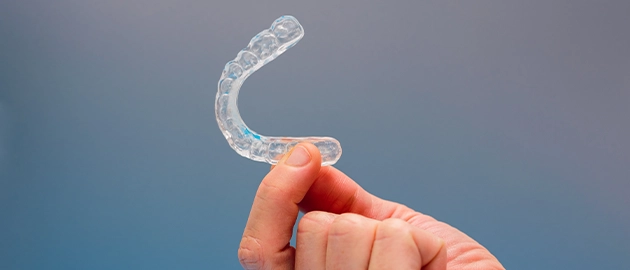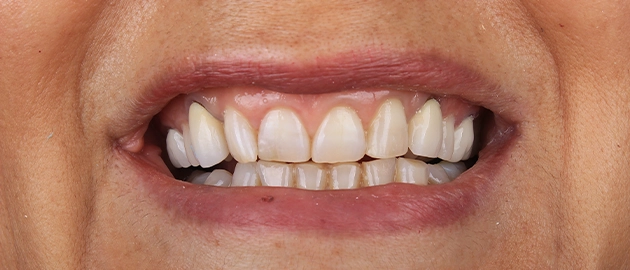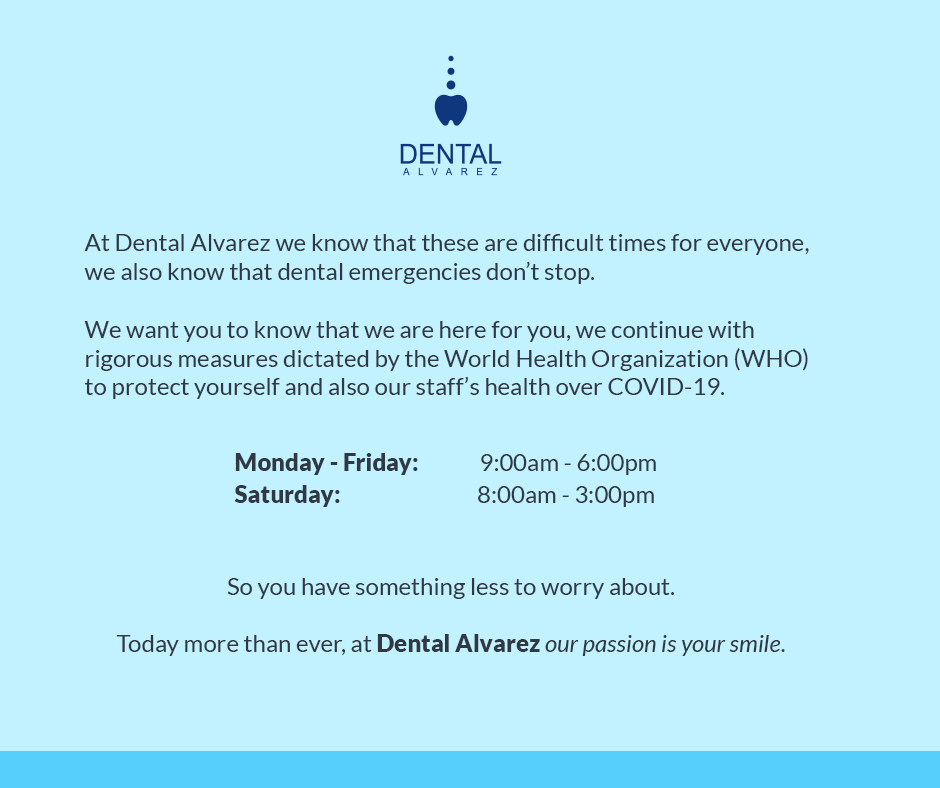
Why soda or citrus drinks, can wear down the surface of the teeth?
September 24, 2016
Get your Prescription Filled at Dental Alvarez
September 24, 2016Why does my jaw make a popping sound when I chew
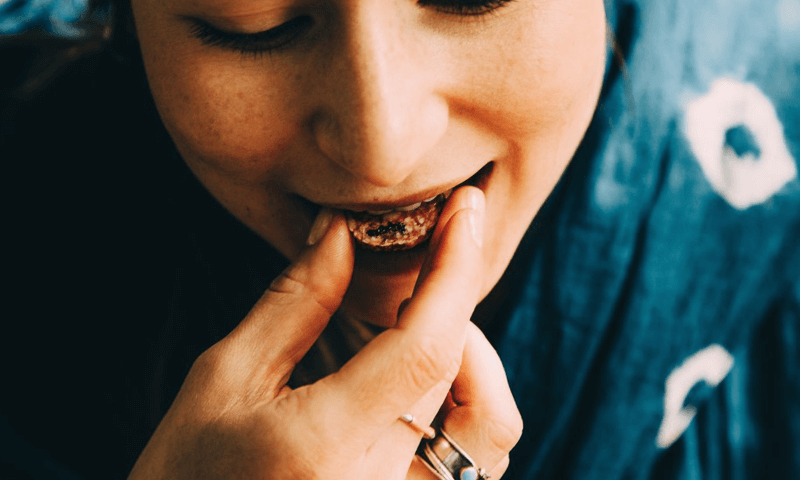
Opening and closing the mouth is a movement of the most common and necessary to all human beings, as we used to things as essential as they are eating and talking. This movement is possible because of the TMJ, which is formed by a temporal bone of the skull called a portion of the jaw called mandibular condyle and a unique structure in the body known as articular disc.
It can be damaged in several ways, such as blows to the jaw, bite very hard objects, open his mouth or perform repetitive motions for long periods, such as when we chew gum.
As this wear occurs in the jaw, it starts to become “stuck” and/or cause “clicks”, which may be due to a disorder of the temporomandibular joint. In fact, about 30 % of people have some type of eating disorder like. In most cases, the victim knows of his condition until the disease has advanced considerably, to the degree of impairment present to open the mouth.
Some characteristic symptoms of these disorders are:

- Decreased mouth opening
- Headache
- Earache
- Backache
- Stiff neck
- Discomfort in the temporomandibular joint (TMJ)
- Bruxism (clenching)
Treatments for temporomandibular joint disorderders
For this condition there are different types of treatments, which are divided into two groups: the conservative and non-conservative. The first consists in managing disorder symptoms (such as pain or inflammation) and massage the affected area, while the latter are those therapies that modify or completely eliminate the factors that cause temporomandibular joint (TMJ) disorder, this thanks the use of flat occlusal (acrylic plates sores), orthodontic appliances (braces) or surgery.
What do you do to prevent these disorders appear or progress?
- Do not bite hard consistency objects
- Do not chew gum
- Do not open your mouth as possible to eat a hamburger or other food
- Eating foods into small pieces
To ignore these recommendations, the disorder can become worse and jaw could be “locked”, in which case only a specialist could return it to its normal position.
If any discomfort presenter of this type and go to dental care, you should inform the dentist for it to perform short sessions and prevent the condition from becoming worse.

